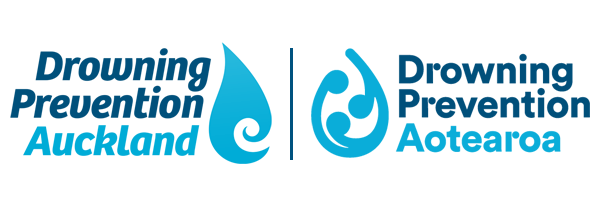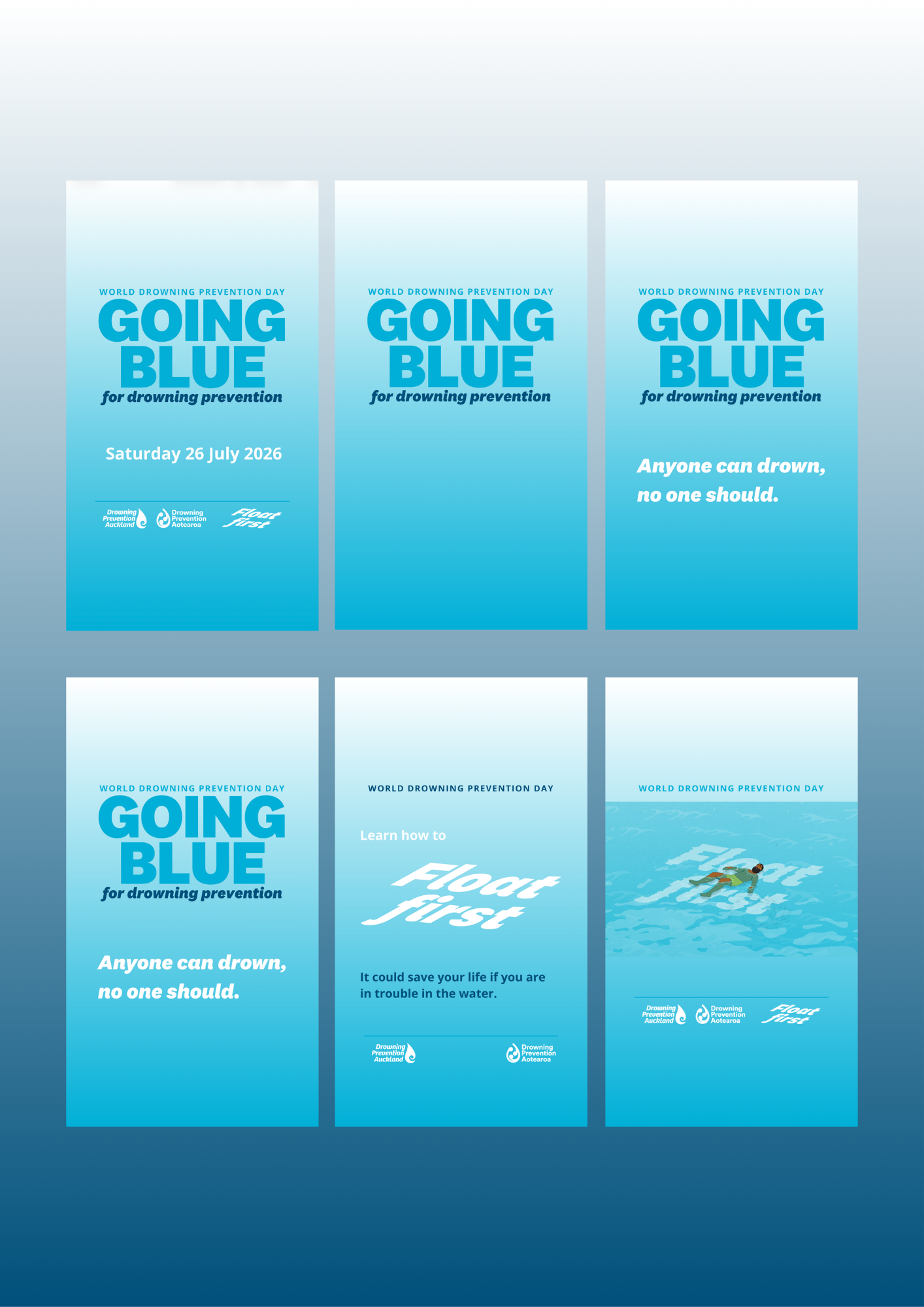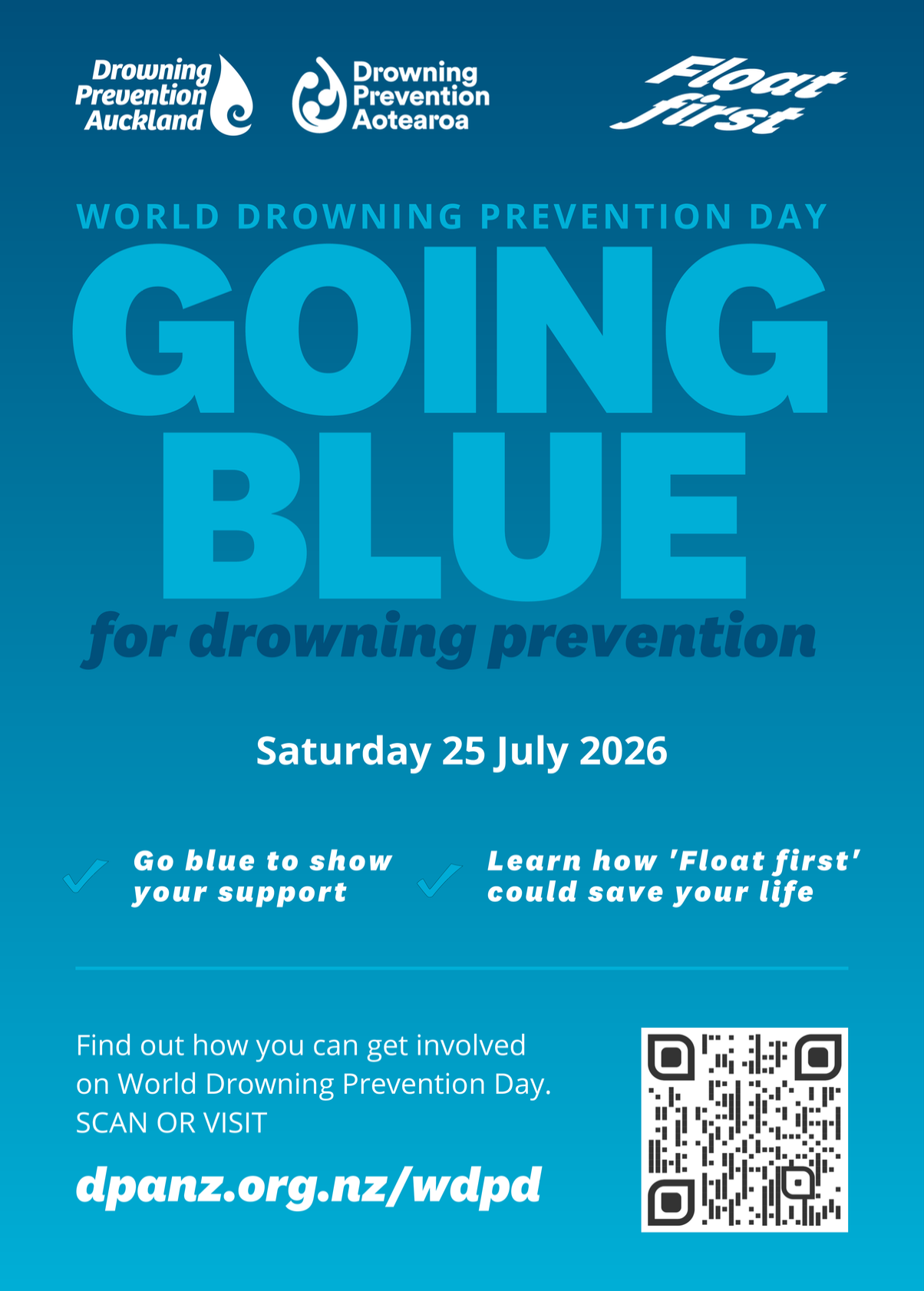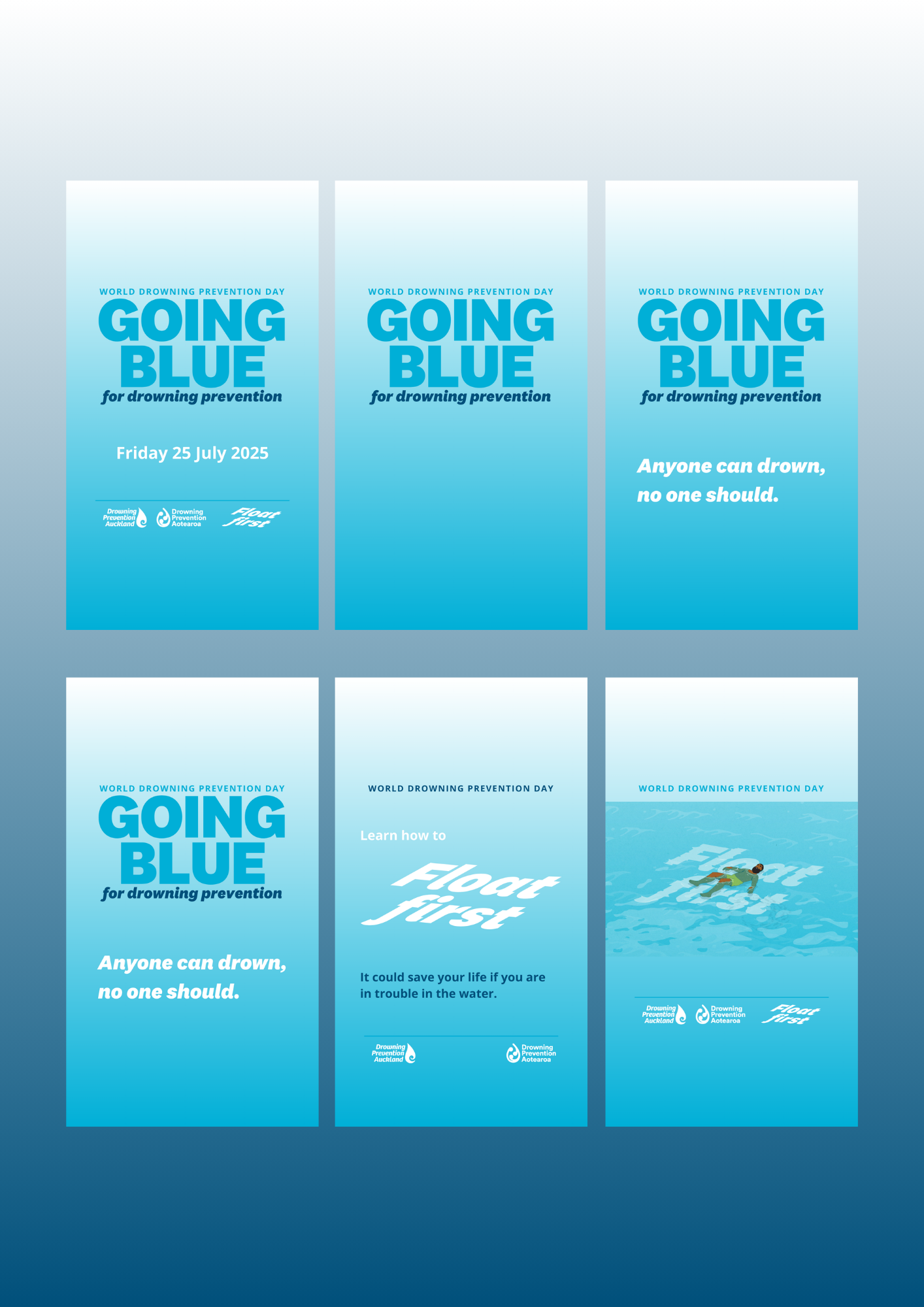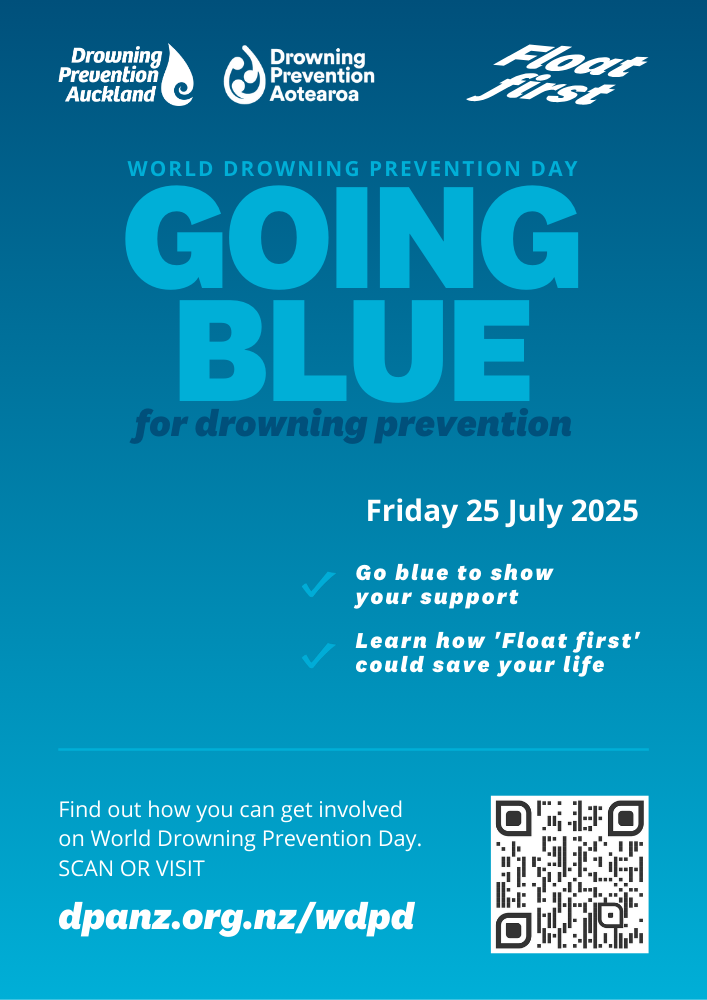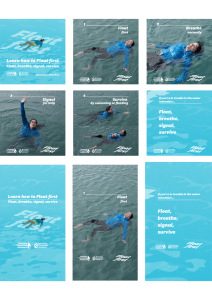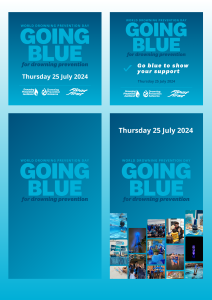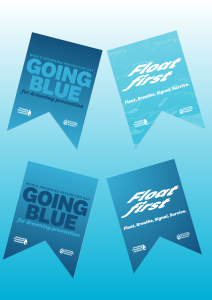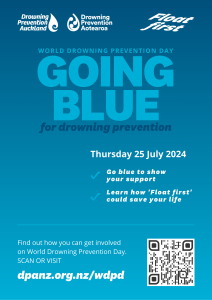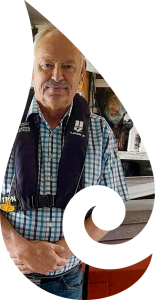
Introducing the Aquatic Warrant of Fitness Check
The Aquatic Warrant of Fitness Check is a practical and engaging way to assess and improve your water skills. The session is one hour long, free of charge and is designed to help you discover your current level of water competency and give you tips on how to improve it.
During the free Aquatic WOF Check session, you will:
Test your skills
Receive Personalised Feedback
Learn Tips and Tricks
This initiative is more than just a course—it’s the beginning of a lifelong journey toward water safety, confidence, and skills.
Join a free session, facilitated by Drowning Prevention Auckland and supported by Auckland Council.
To get your Aquatic WOF Check, register today.
Moana-Nui-a-Kiwa Pool and Leisure Centre
- 6:30am – 7:30am Wednesday 17 September, main pool
- 5:30 – 6:30pm Thursday 25 September, teach pool
Here’s what participants had to say about the programme:
Adult drowning rates in New Zealand are increasing.
- Lack of water safety practice
- Entrenched unsafe attitudes toward open water participation
- Underestimation of risks in aquatic activity
- Overly optimistic perception of capacity to cope with that risk
(Stanley & Moran, 2021)
The pilot programme for Aquatic WOF Checks was completed in June 2022. It showed some interesting results:
- Adults overestimated their water competence in controlled pool environment
- Although not tested in open water during the pilot, adults perceived open water competency was likely to be overestimated
- The water competency of all participants improved after education at the conclusion of the programme
(Stanley & Carmine, 2022)
Other news
Knowing how to Float first saved Joseph’s life
Joseph and Dad JonJoseph’s reply made Jon’s heart drop. "I'm trying Daddy, I can't. I can't." A rip lifted Joseph up and started quickly taking him away from the beach. “With little warning it goes from being…everything seems to be under control to everything's...
Activating water safety in the community
Over the past month, Drowning Prevention Auckland has actively promoted water safety education to people of all ages and experiences across a variety of settings. Highlights include the Wai Wise workshop for Asian and Pasifika communities, lifeguard training at Mt...
School adds water safety into outdoor education
Education Outside the Classroom (EOTC) provides the perfect opportunity for students to develop aquatic competencies. Bringing learning to life and finding out first-hand how to stay safer in, on and around the water. Drowning Prevention Auckland (DPA) works with...
World first lifejacket initiative
Lifejackets accessible at high-risk location in world first initiativeAt the end of November, Drowning Prevention Auckland (DPA) installed a remote Lifejacket Station at Te Henga Bethells Beach in partnership with local iwi Te Kawerau ā Maki. In this global first of...
Summer pool safety
Take five minutes today - it might save a life tomorrowSummer’s here and that means long days, warm nights, and plenty of time in the pool. But, each summer, New Zealand families are devastated by preventable drownings in home pools. In Aotearoa New Zealand, an...
No two days the same for Aquatic Educator
No two days the same: A month in the life of an Aquatic EducatorWhen people think about water safety education, they often picture someone standing poolside, teaching basic swimming and survival skills. For Aquatic Educator Danika Ryland-Higgins, it looks very...
